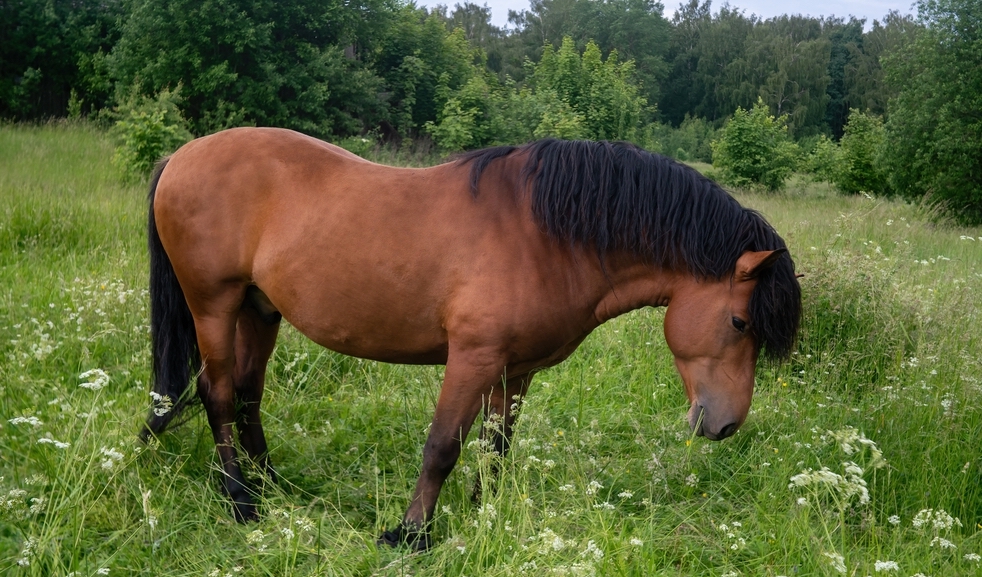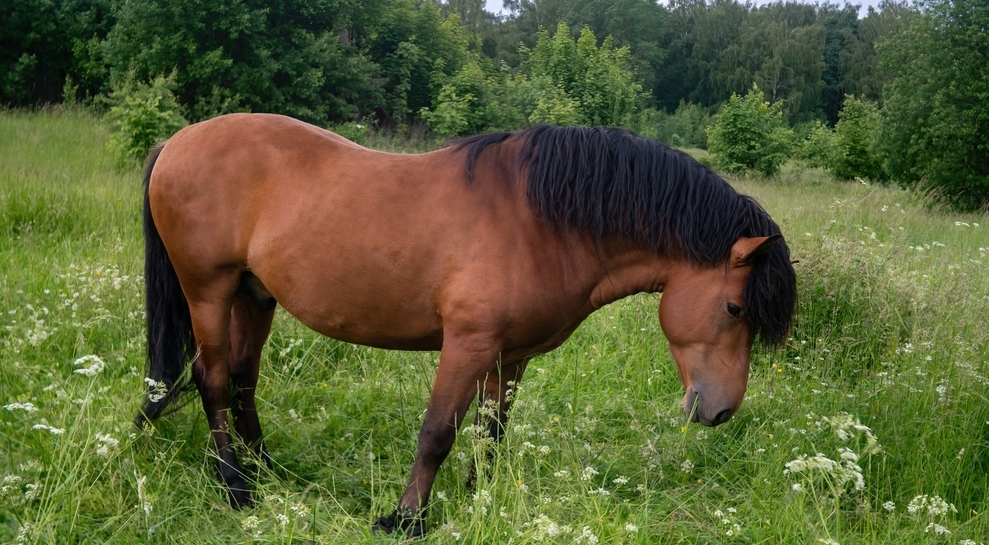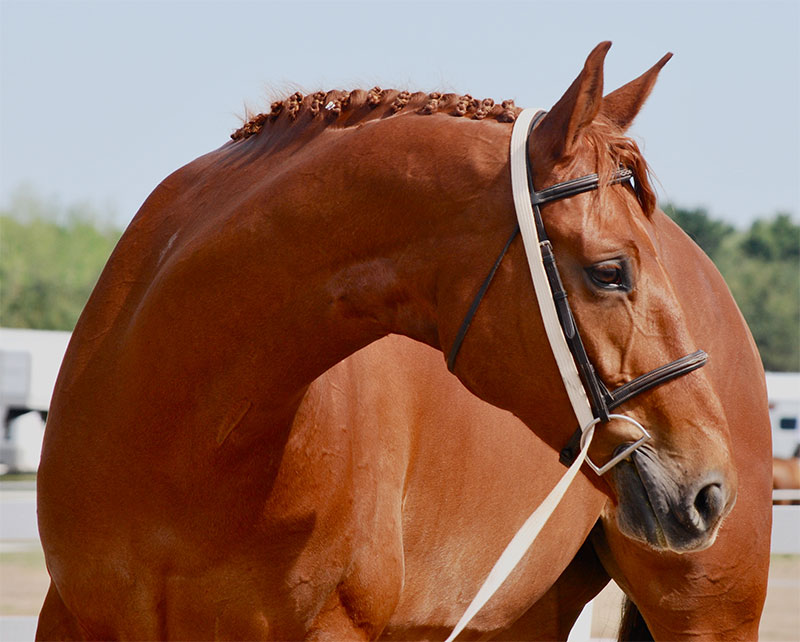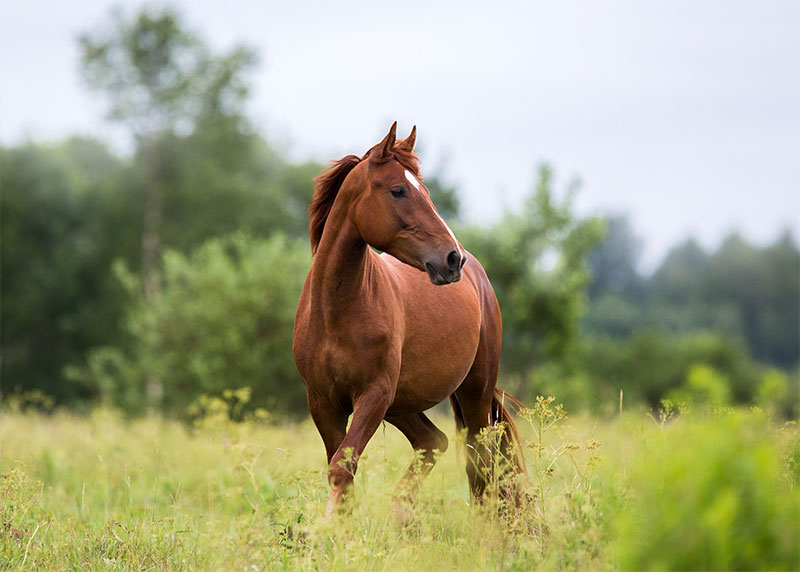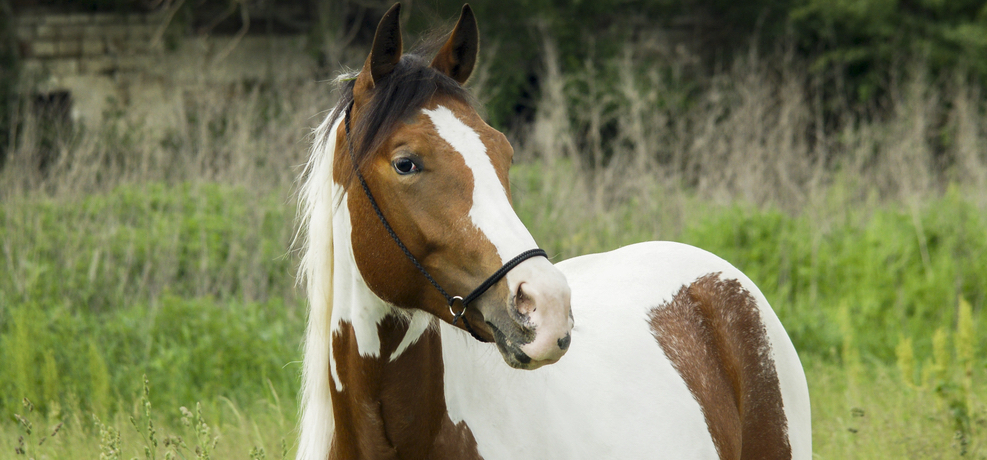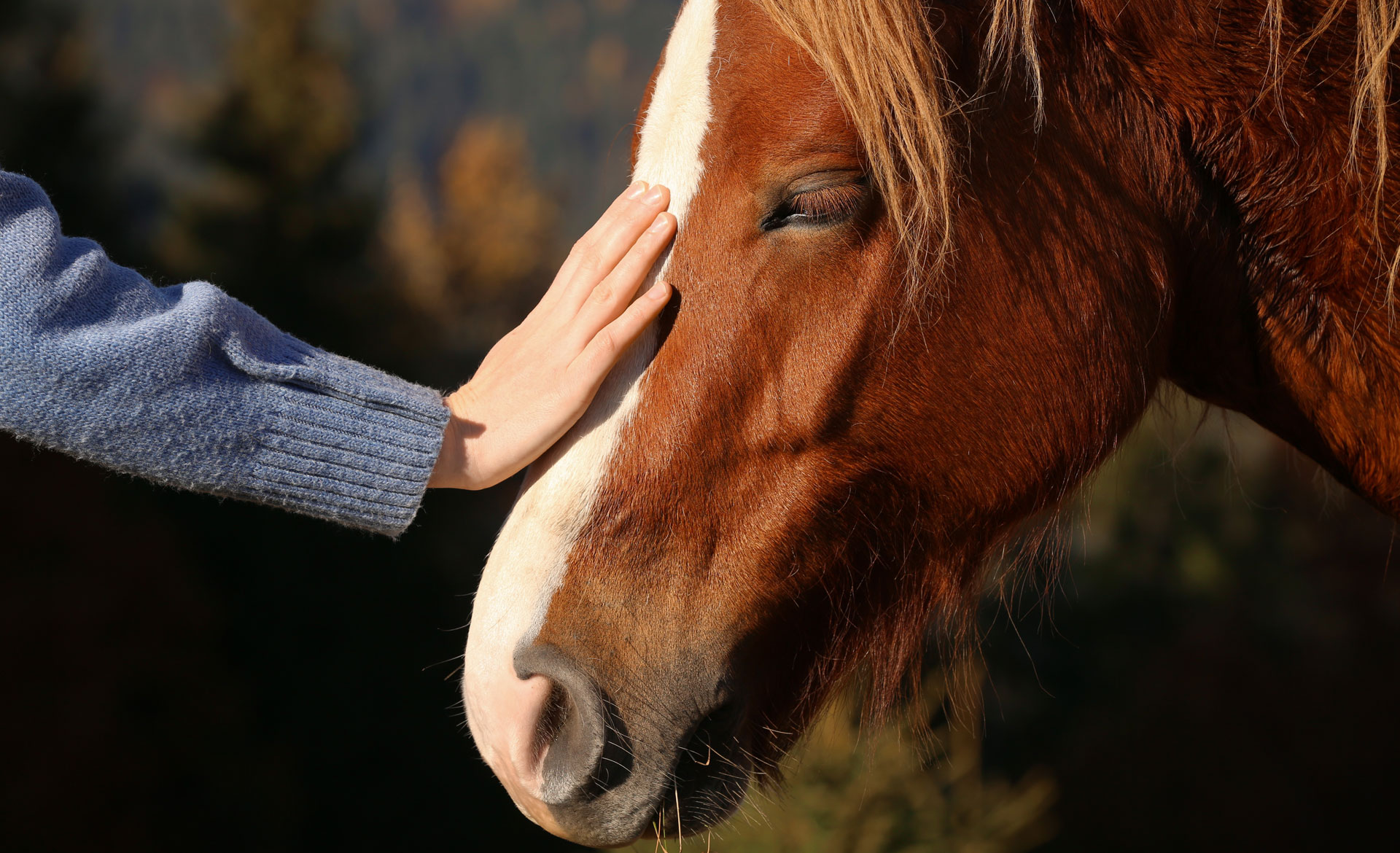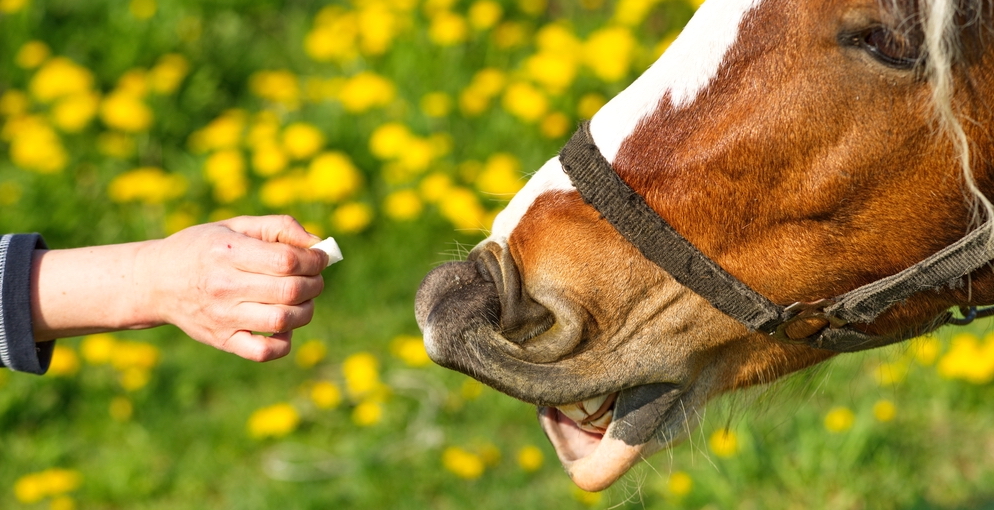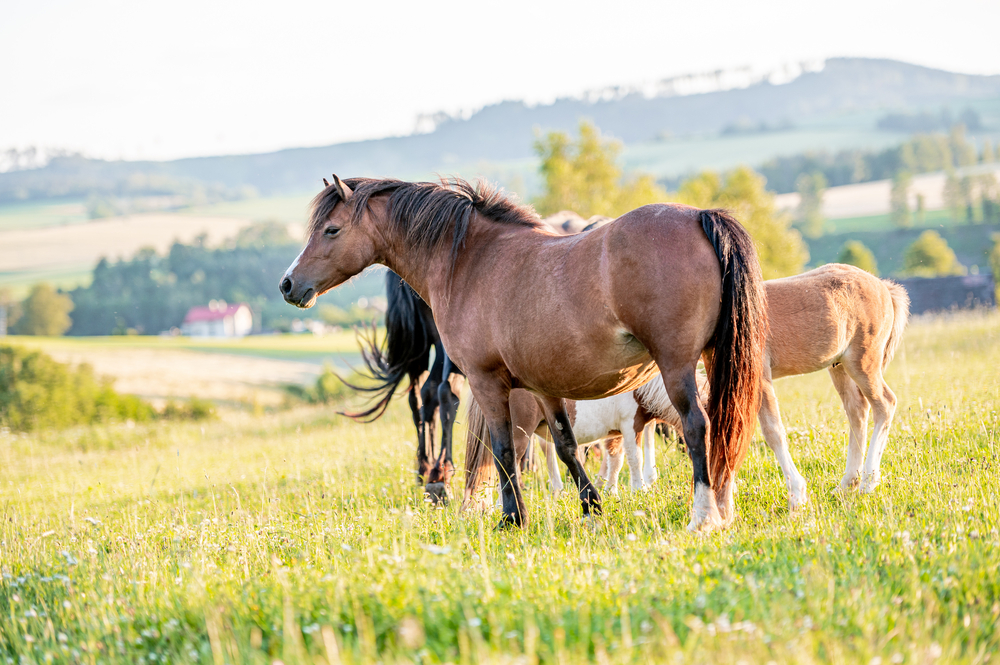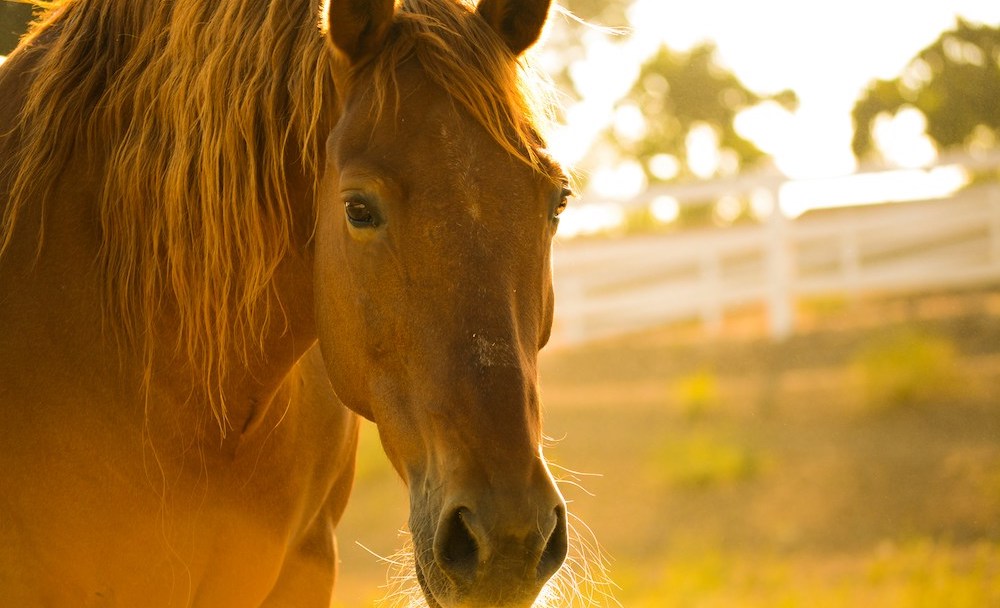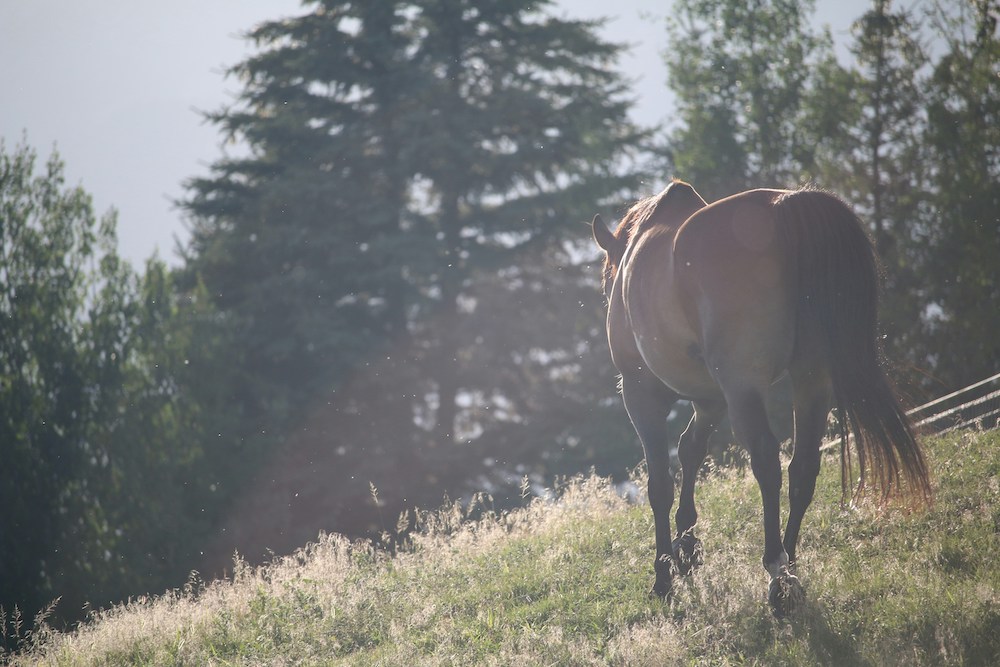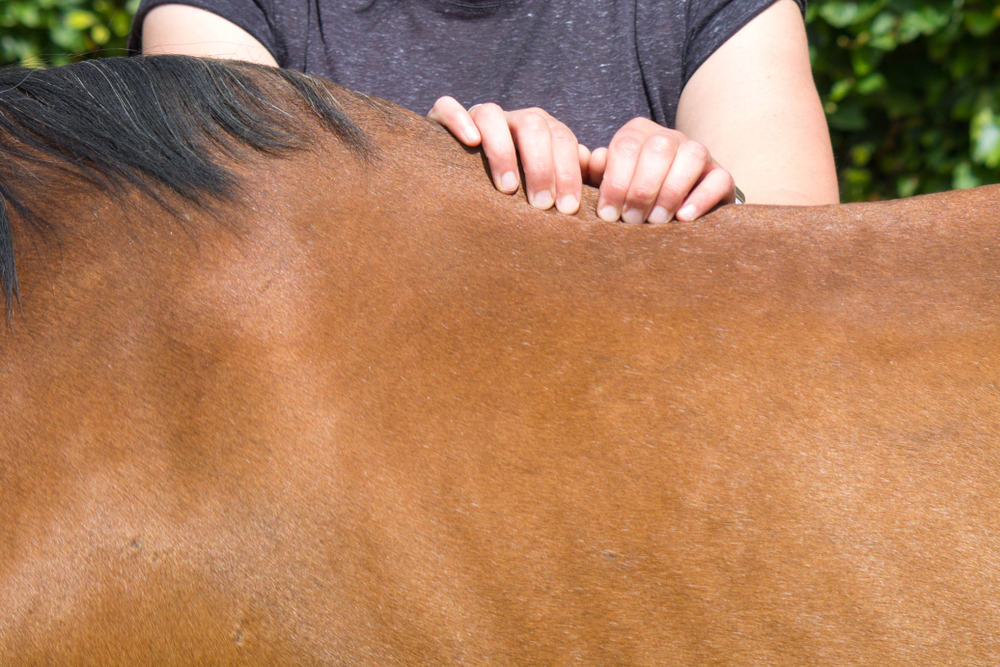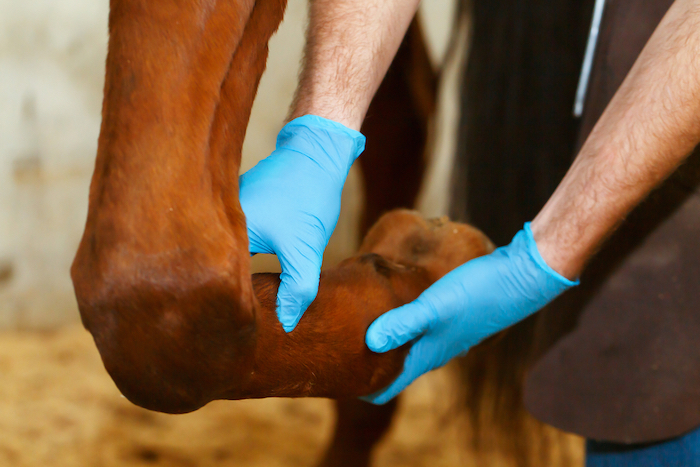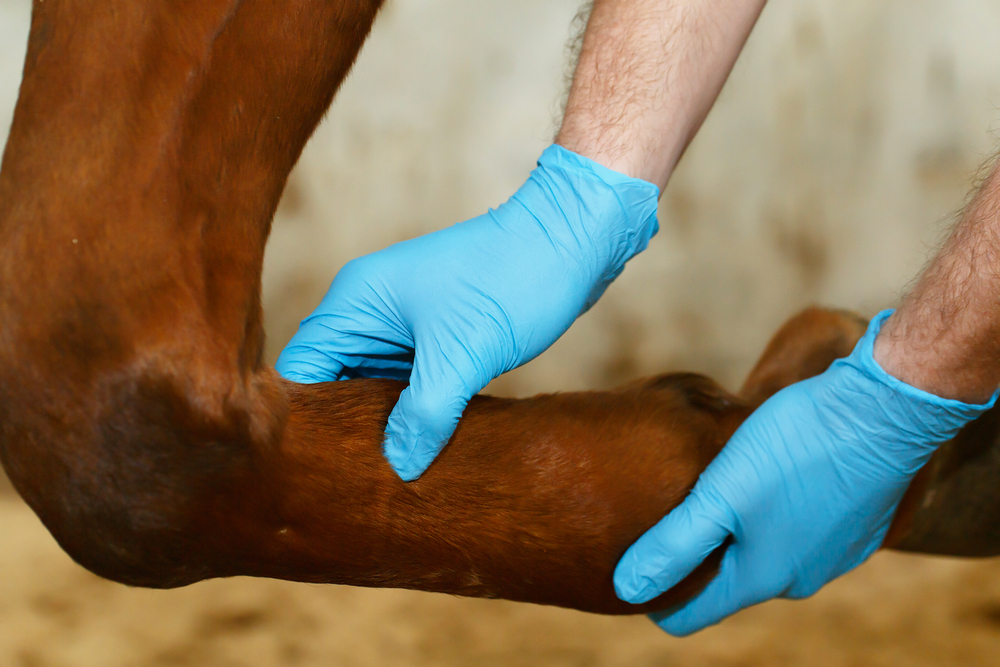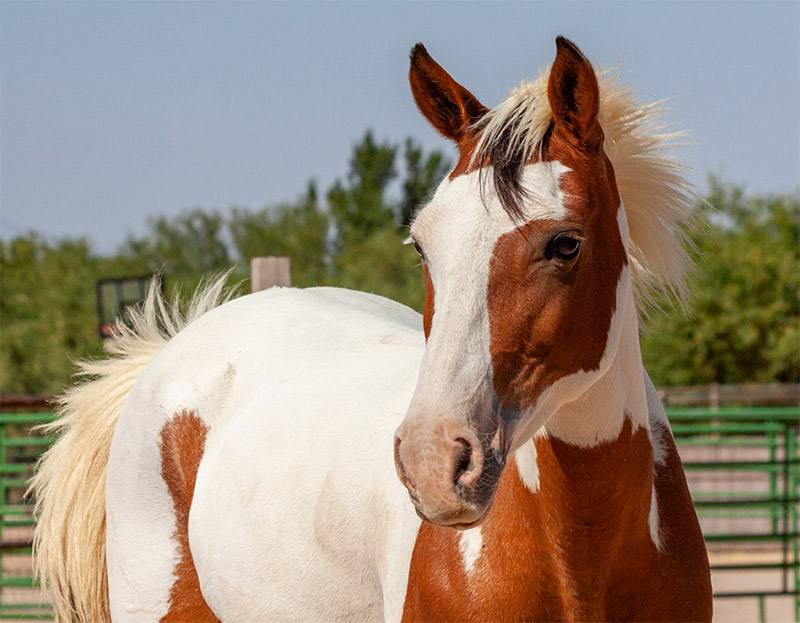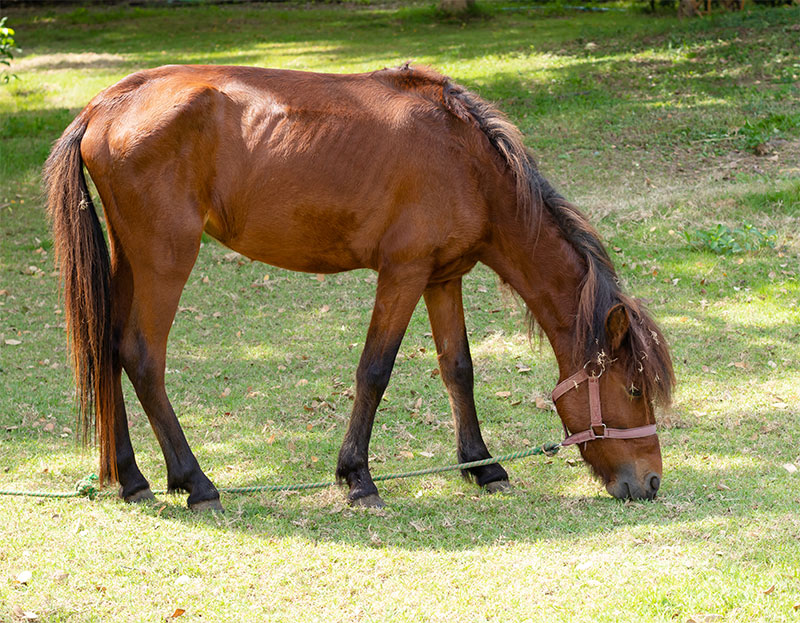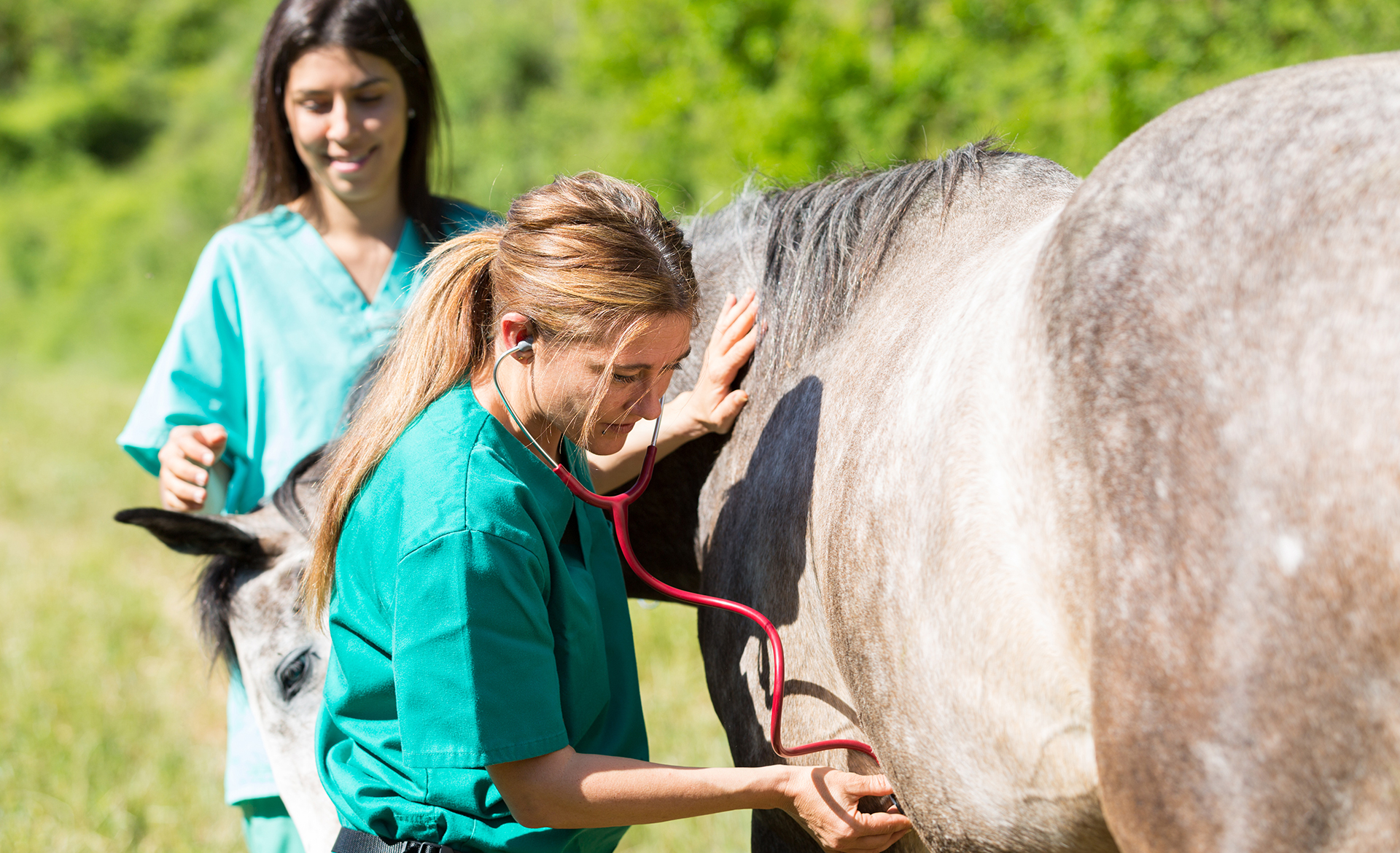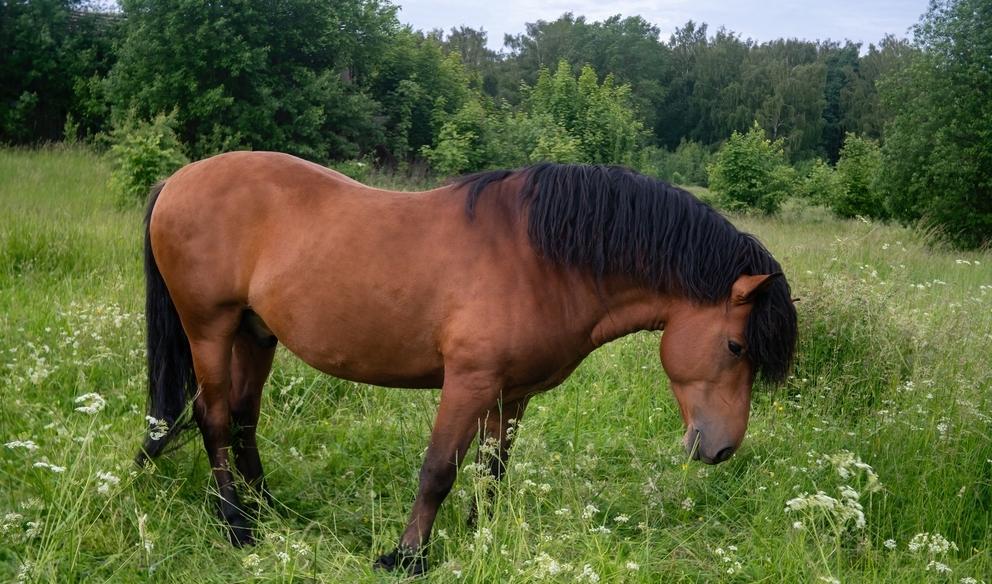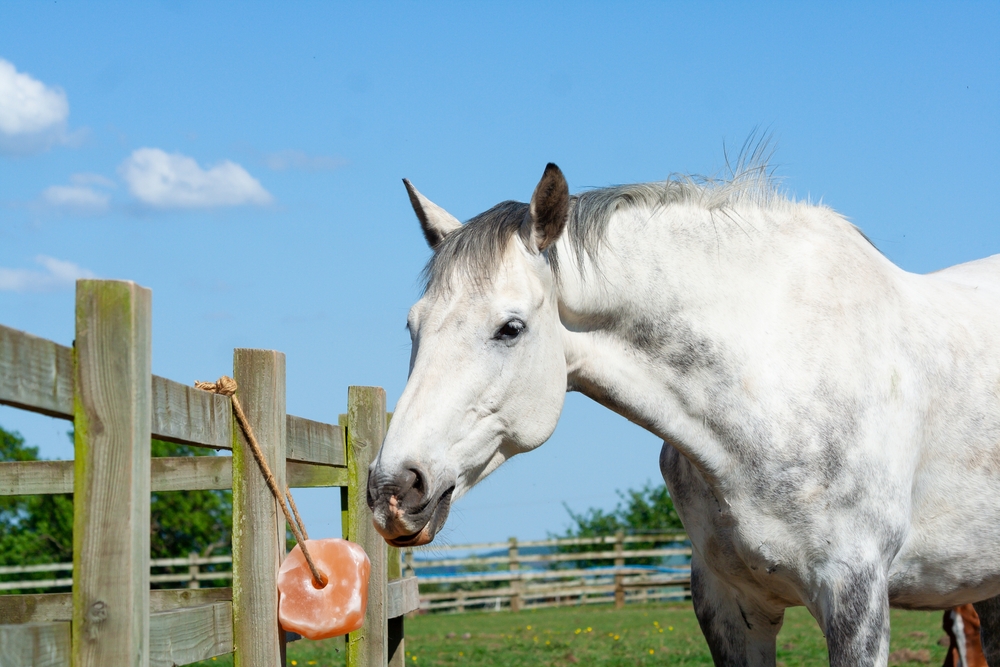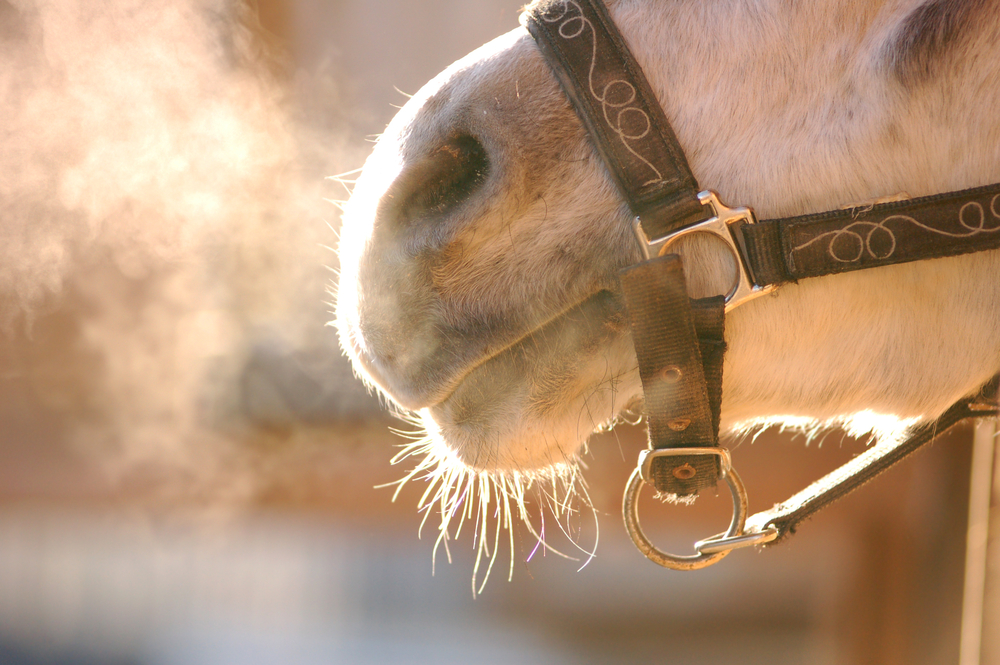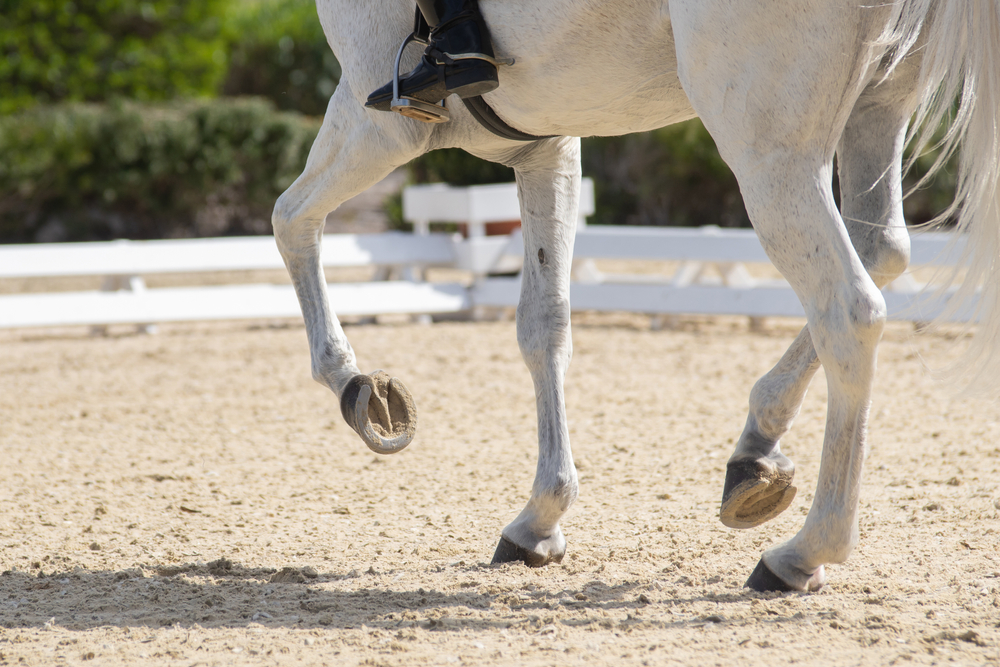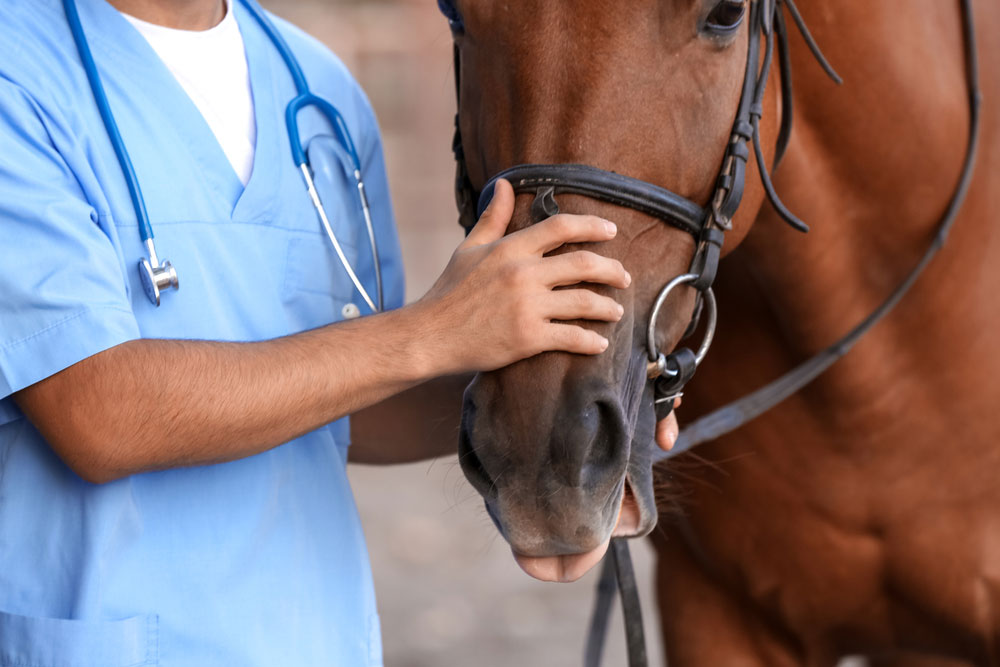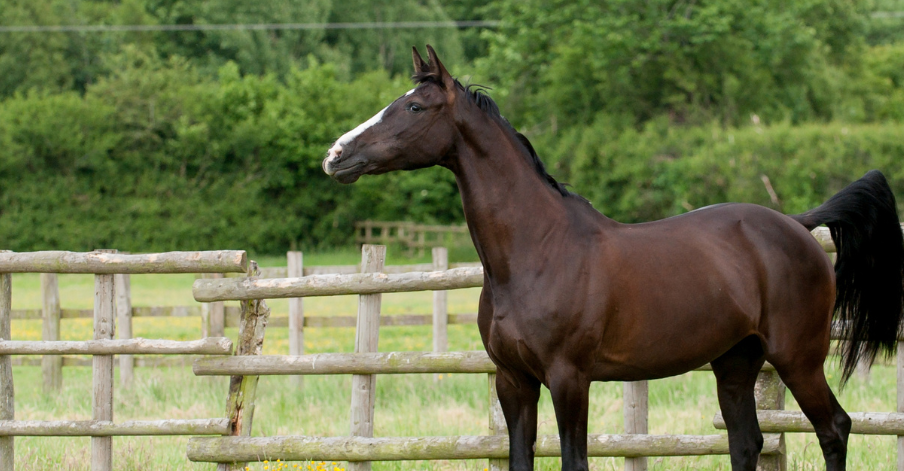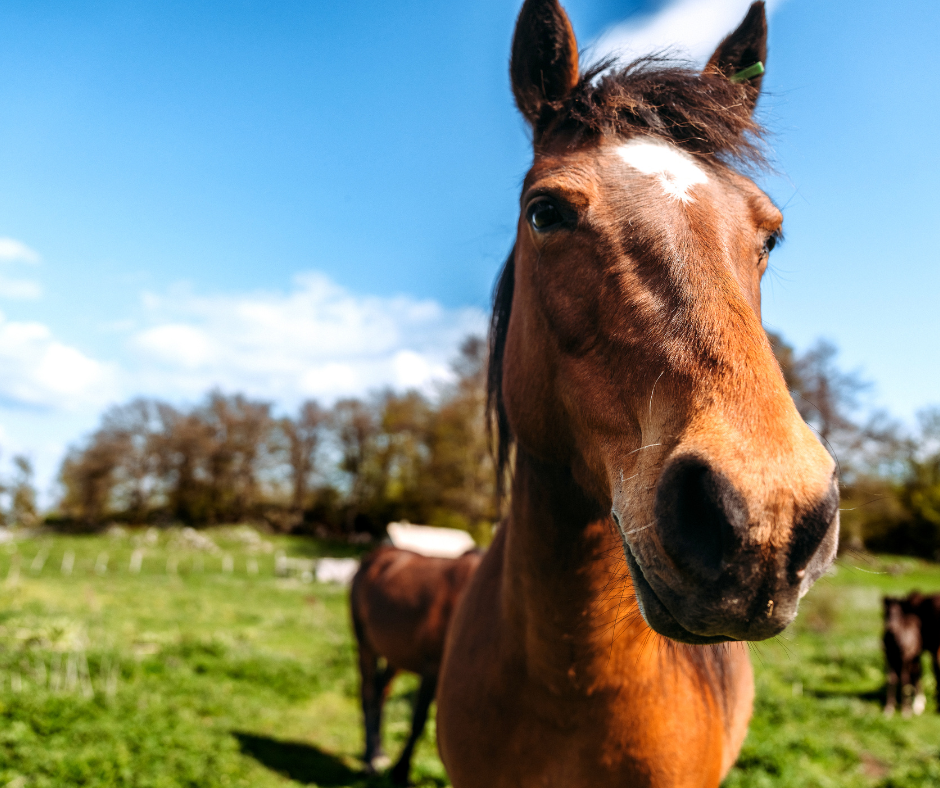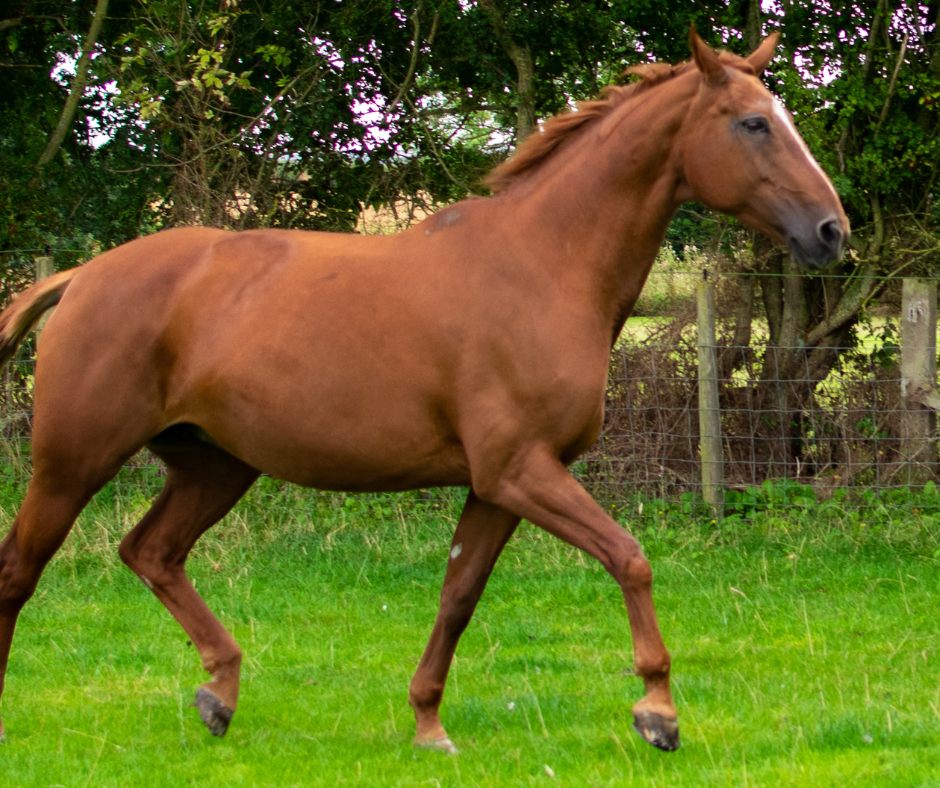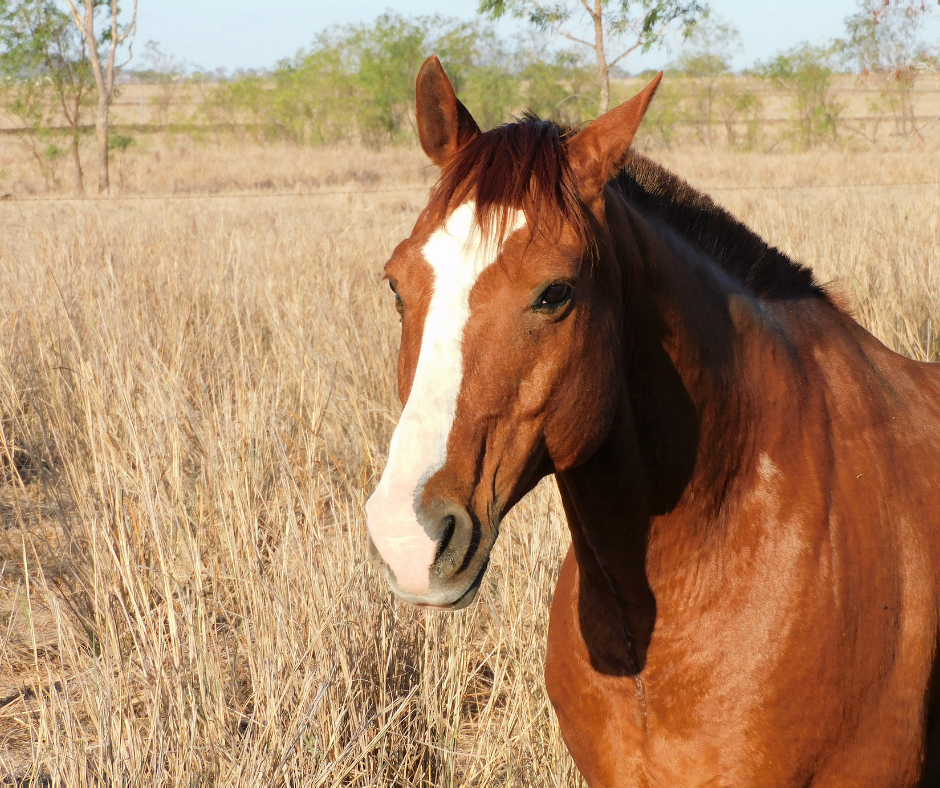Tackling Summer Grass Issues: Slobbers and Pseudo-lactation in Horses

Summer in the Hudson Valley is beautiful—but it’s not without its challenges for our equine companions. As pastures grow lush and green, horse owners must remain vigilant about unexpected health conditions caused by certain grasses and fungi. Among the most common and puzzling issues seen during the summer months are slobbers and pseudo-lactation, both of which can be alarming at first glance.
Let’s break down what these conditions are, what causes them, how to manage them, and when it’s time to call in professional veterinary care.
What Are “Slobbers” in Horses?
“Slobbers” is a term used when a horse starts drooling a lot more than normal—sometimes so much that their stall floor, feed buckets, or even their chest gets soaked. It might look a little alarming (and definitely messy), but don’t worry—slobbers usually aren’t harmful. It can be uncomfortable for your horse and a bit of a nuisance to clean up, but it’s not typically a serious health concern.
What Causes Slobbers?
Slobbers usually happen when horses eat red clover—or sometimes white clover—that’s been infected with a fungus called Rhizoctonia leguminicola. This fungus thrives in warm, damp weather, which makes it pretty common in Hudson Valley pastures during late spring and summer. It produces a natural chemical called slaframine, which kicks your horse’s salivary glands into overdrive and causes all that messy drooling.
Symptoms: Constant, ropey drooling Wet muzzle and chin Damp hay, feed bins, or stall bedding Mild reluctance to eat (rare)
Management:Identify and manage clover growth in your pasture. Mow pastures regularly to reduce overgrowth. Avoid turning horses out on heavily clover-infested fields during wet weather. Provide hay or dry forage alternatives during outbreaks.
What is Pseudolactation in Mares?
Pseudolactation—sometimes called “false lactation”—is when a mare that isn’t pregnant or nursing starts developing a swollen udder and may even leak a milk-like fluid. It can look exactly like she’s producing milk for a foal, even though she’s not expecting or recently given birth. Understandably, this can worry horse owners, but in many cases, it’s not a sign of a serious medical issue. That said, it’s always a good idea to keep a close eye on any changes and talk to your vet to rule out other underlying causes.
What Causes Pseudolactation?
This condition is most often linked to certain plants your horse might be grazing on—especially clover and alfalfa. These plants contain compounds called phytoestrogens, which act like estrogen in the body. If a mare eats a lot of these plants, it can throw off her hormonal balance and confuse her system into thinking she needs to produce milk.
Just like slobbers, pseudolactation is more common in warm, wet weather—like the kind we get in the Hudson Valley during late spring and summer—when clover and fungal growth are at their peak.
Symptoms:
- – Swollen udder (usually both sides)
- – Milk-like fluid discharge (sometimes just clear fluid)
- – No signs of pregnancy or foaling
- – Often occurs in mares that are otherwise healthy
Management:
- – Do not milk or express the udder—this can increase production.
- – Remove the horse from the suspect pasture immediately.
- – Monitor for signs of mastitis (heat, pain, redness, or fever).
- – Contact a veterinarian to evaluate hormone levels and rule out other conditions like tumors or metabolic disease.
Summers In The Hudson Valley: Assessing Your Local Climate

The Hudson Valley’s humid and fertile summer environment makes it a hotbed for fungal growth on pasture plants, especially clovers.
Knowing how your local climate impacts grass growth and fungal blooms is critical for responsible pasture management and preventive horse care.
Horse owners in Dutchess, Ulster, Orange, and Columbia Counties may notice a spike in these issues in July and August, particularly after warm, rainy periods.
Prevention Tips for Hudson Valley Horse Owners
1. Pasture Management: Regular mowing, rotation, and overseeding with low-clover mixes can reduce the risk of toxic plant overgrowth.
2. Dry Forage Options: Supplement with hay during wet spells to minimize grazing on suspect pastures.
3. Regular Inspections: Walk your fields weekly during summer to check for clover density and soil moisture.
4. Veterinary Check-Ins: Schedule seasonal wellness visits to keep an eye on emerging issues.
Protecting Your Equine Companion This Summer
While slobbers and pseudo-lactation are often benign, they can occasionally signal or lead to more serious conditions. Always reach out to a veterinarian if:
- – Drooling is accompanied by lethargy, loss of appetite, or colic signs.
- – Udder swelling becomes painful or red.
- – A horse appears distressed or behavior changes occur.
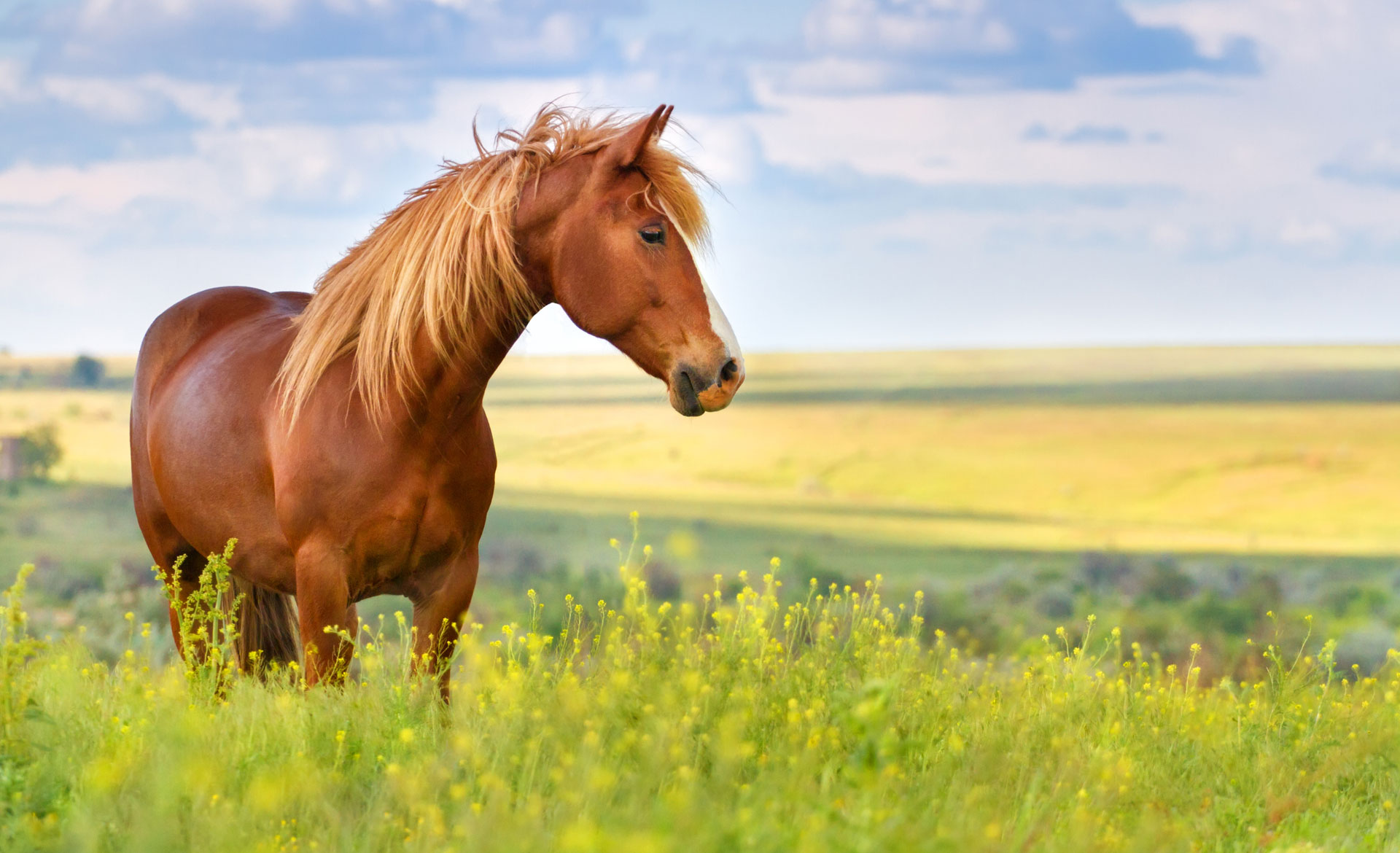
Book an Appointment with Advanced Equine of the Hudson Valley Today!
At Advanced Equine of the Hudson Valley, we’re committed to keeping your horses healthy and comfortable all year long. If your horse is showing signs of slobbers, pseudo-lactation, or other summer grass-related issues, we’re here to help with expert diagnostics, pasture advice, and treatment plans.
Don’t wait—book your appointment with Advanced Equine of the Hudson Valley today to ensure your horses are thriving this summer.

